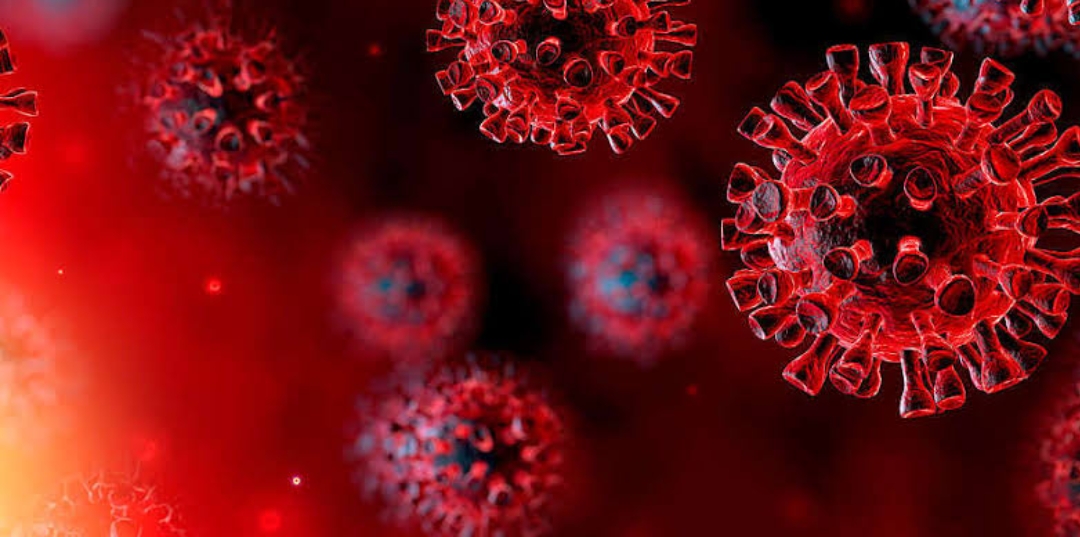
Mental Health of Junior Doctors and COVID in India
The mental health of junior doctors is worsening day by day. Not only do pandemic infections can affect physical health, systemic infections can also affect the mental health of junior doctors with contagious fear and anxiety and limited social interaction.
Health care workers are at increased risk of infection and worry that this will affect their exposure to the virus. New doctors experience more depression, anxiety, and stress than the general population. According to Indian Medical Association, 798 doctors succumbed to death while serving in the COVID ward amidst the second wave of the pandemic. Of these, 128 deaths were in Delhi alone. Although the number of cases has receded, the touristy and careless behaviour of people after the lifting of lockdown may make matters worse if and when the third wave raises its head.
A recent meta-analysis study shows that about one-third of medical students worldwide are going through depression. Compared with the general population, the risk of pandemic infection is increased and may further increase. The official assessment of anxiety and depression using GAD7 and PHQ9 instruments showed that 15 out of 82 people got 0 points on the anxiety scale, and 21 out of 82 people got 0 points. The lowest score.
Solutions to human health, family health, social and behavioral adjustments related to the pandemic, and Part 2, including two self-tests, self-control tools, PHQ9 and GAD7 main symptoms. Recognized Anxiety Scale The composite questionnaire is independently scored by clinicians to ensure ease of use and understanding. The incidence of major depression is 3%.
It should be noted that in the current study, 25.6% of people have a PHQ9 value of 0, which is the lowest possible value. It shows that during the COVID19 pandemic, the incidence of anxiety and depression, health problems, and behavior changes in pregnant women has increased significantly. Covid 19 also affected the mental health of junior doctors badly.
According to the survey, the Covid19 pandemic is affecting the mental health of juniors doctors and other medical staff. A survey by the British Medical Association found that although some doctors already suffer from depression, anxiety, stress, exhaustion, emotional distress or other mental illnesses, these problems will worsen during the Covid19 pandemic.
The survey found that 41% of doctors have carried out psychological treatment for these problems, but at least 29% of doctors believe that the pandemic is in place. The association received 2,424 free text responses regarding the impact of COVID19 on the mental health and well-being of doctors.
He called on mental health and welfare doctors to increase support and suggested: “The long-term strategy to protect and support the physical and mental health of employees is the NHS’s top priority.
It surpasses any support before Covid19.Ph.D. David Wrigley, Vice President and Chief Health Officer of the BMA Board of Directors, cites the heartbreaking story of medical professionals: “During this pandemic, doctors and medical professionals are portrayed as heroes and aspirations. Heroic. But they are not superhumans. They need to feel that they can and need help. Now that the British quarantine is over, it is time to wait.
However, this is urgent. The mental of junior doctors and medical staff is worsening day by day. Over time, the impact of Covid19 on the NHS and other aspects will be affected. Mental health will be affected.Covid19 cases are declining, and doctors and their colleagues are still under pressure because the healthcare sector has faced an expected surge in demand for non-medical treatments related to the novel coronavirus not only during the Covid19 pandemic but since then. Maintaining the well-being of the mental health of junior doctors and other medical staff should be a long-term priority.
” The concern of healthcare professionals about these symptoms is a warning that they do not want to seek help. There is a trend to minimize and internalize our problems,” said Dr. Krishna, co-founder of the Bangladesh Green Oak Initiative.



















